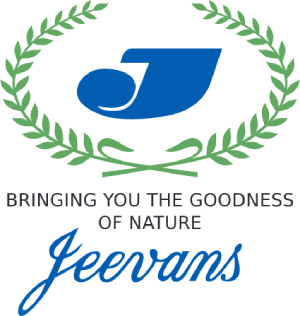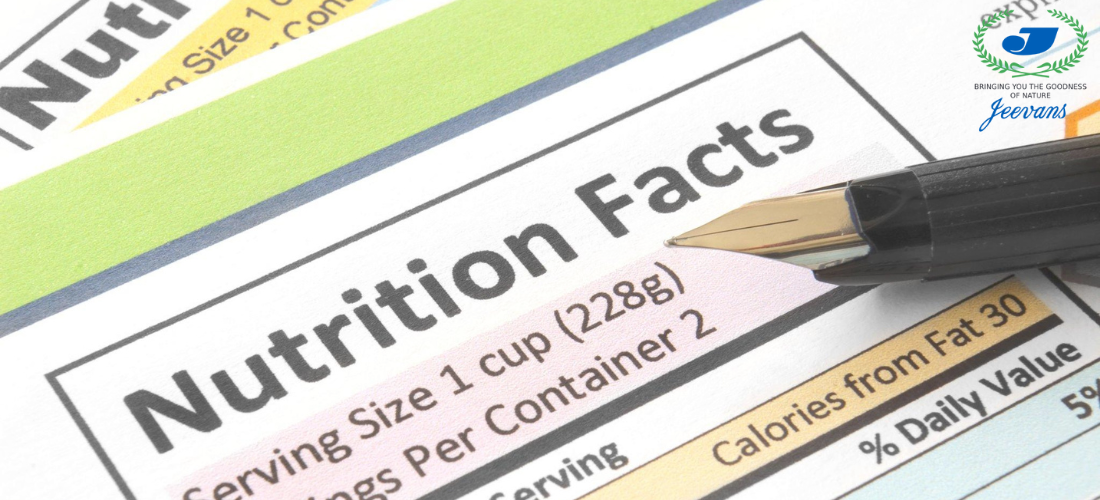Finger millet is known as Ragi in the southern portion of our nation and Nachini in other areas of our country. Ragi is a very nutritious and easily digestible meal. It is high in protein and calcium, as well as iron, unsaturated fats, and many other minerals, and it is gluten-free. It is generally known as Ragi Flour and is pounded into a fine powder.
Ragi is a type of grain that contains several nutritional values that are beneficial to one’s health. It is thought to aid in the treatment of a variety of disorders including diabetes, anemia, osteoporosis, and brittle bones. It also aids with weight loss. Ragi does not need to be polished before being ground into flour, so it may be consumed in its natural state, with all of its nutritional properties intact.
Because of Ragi’s great nutritional content, it benefits new moms and children by delivering all of the required nourishment. You can now consume ragi on a regular basis with the help of Jeevans Ragi powder and Jeevans Sprouted Ragi powder.
Benefits of Ragi during Breastfeeding
Improved Lactation :
Ragi boosts hemoglobin levels in nursing moms. Lactating moms should use green ragi in their regular diet to boost milk production. It enriches breast milk with amino acids, calcium, iron and induces nutritional values of ragi which is beneficial to both the mother and the kid.
Improves Bone Strength:
Ragi contains a high concentration of calcium and vitamin D, which no other plant source can match. It is a good source of natural calcium, which helps to build bones, maintain bone health, decreases the incidence of bone fractures, and heals osteoporosis.
Assists in Relaxation:
Ragi has a high amino acid profile, which aids in relaxing. Tryptophan primarily aids in the fight against free radicals. It aids in the treatment of anxiety, headaches, hypertension, and depression. It also improves your sleep. Ragi, when ingested raw or green, aids in the treatment of hypertension.
An Excellent Source of Proteins:
Ragi is high in amino acids and proteins. Nutritional profiles of ragi include nutrients such as riboflavin, thiamin, and niacin. Ragi contains essential amino acids such as Tryptophan, Methionine, Isoleucine, Threonine, and Vilene, which aid in blood formation, depression, anxiety relief, metabolism, and muscular function, as well as increasing the release of growth hormones.
Others, in addition to mothers and newborns, can benefit greatly from nutritional values of ragi on a daily basis.




